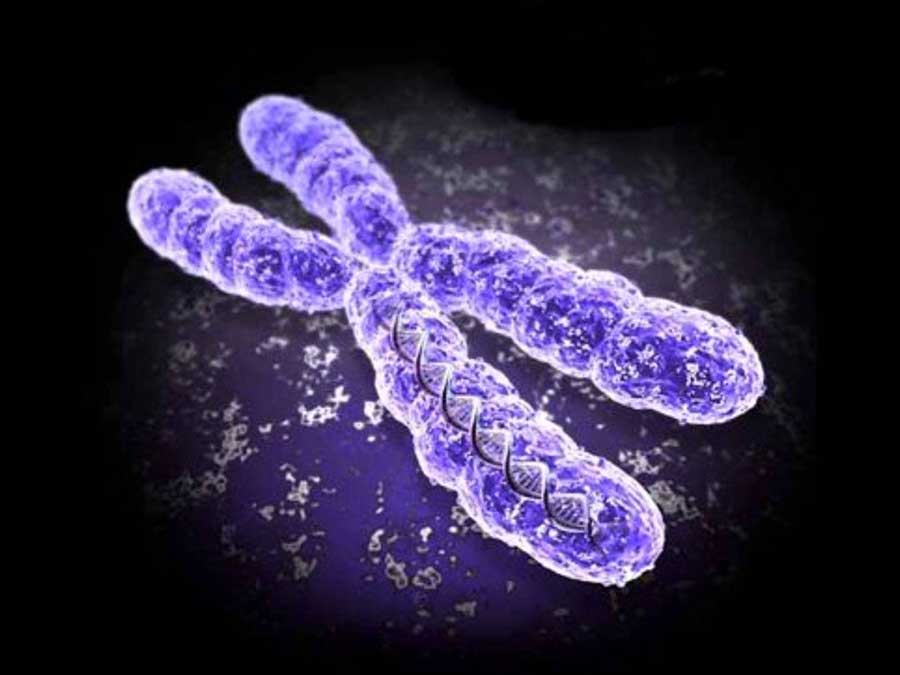-
Tips for becoming a good boxer - November 6, 2020
-
7 expert tips for making your hens night a memorable one - November 6, 2020
-
5 reasons to host your Christmas party on a cruise boat - November 6, 2020
-
What to do when you’re charged with a crime - November 6, 2020
-
Should you get one or multiple dogs? Here’s all you need to know - November 3, 2020
-
A Guide: How to Build Your Very Own Magic Mirror - February 14, 2019
-
Our Top Inspirational Baseball Stars - November 24, 2018
-
Five Tech Tools That Will Help You Turn Your Blog into a Business - November 24, 2018
-
How to Indulge on Vacation without Expanding Your Waist - November 9, 2018
-
5 Strategies for Businesses to Appeal to Today’s Increasingly Mobile-Crazed Customers - November 9, 2018
Kamikaze Cells and Chemo Proved Effective against Prostate Cancer
A group of cancer researchers from Houston Methodist Hospital conducted a long-term medical trial using a new technique called “suicide gene therapy”.
Advertisement
As the herpes gene took over the cells and started releasing thymidine kinase, researchers promptly treated the subjects with valacyclovir (Valtrex), an antiviral drug used against herpes infections.
The strategy mentioned above is also helpful for the body’s immune system since the suicide cells signalize their presence, calling the white cells to attack them.
For the trial, Butler and colleagues used the combination (chemotherapy+suicide gene therapy) to treat 66 patients suffering from prostate cancer between 1999 and 2003.
For the more severe cases of prostate cancer, researchers used radiotherapy and chemotherapy besides the suicidal cells modification. The technique prompts the tumor cells to self-destruct and that has also given it the name “suicide gene therapy”. Patients in Arm A received the experimental gene therapy twice during the study, while the Arm B group received the treatment three times.
After the conclusion of the trial, it was found out that both the group responded well to the treatment with group of less severe cancer patients registering a survival rate of 97%.
The researchers said that the survival rate achieved by their treatment were nearly 5-20% better the survival rates achieved by the the current treatment procedures. This research revealed that patients experienced a 20% improvement in survival rate five years after treatment for prostate cancer. Prostate cancer is the most common cancer in men in the United Kingdom with more than 41,000 diagnosed each year. That DNA material was transported inside the genes by employing adenoviruses, just like the ones that transmit conditions such as bronchitis, conjunctivitis, pneumonia or the common cold.
According to a cancer expert, before coming to any conclusion, some more and deep research is required. In suicide gene therapy, the tumor cells are modified to trigger body’s immune system to kill the tumor cells. These recent findings are in the December 12 online issue of the Journal of Radiation Oncology.
Factors that increase the risk of prostate cancer include: older age, a family history of the disease, and race.
Under normal conditions, tumor cells manage to disguise themselves so as to remain undetected by the body’s immune system, by increasing the activity of regulatory T cells, which prevent excessive reactions to inflammation.
The combo seems to have worked, as the survival rate registered was above 90 percent. “Once the herpes virus gene was delivered and it started manufacturing TK, we gave patients a commonly used anti-herpes drug, valacyclovir”.
Advertisement
“This is extremely pleasing to us, considering we had patients enrolled in our protocol after other physicians deemed them incurable”, said Bin Teh, M.D., vice chair of Houston Methodist’s Department of Radiation Oncology and lead author on the JRO paper. Kevin Harrington, professor of biological cancer therapies at The Institute of Cancer Research, London, said the results were “very interesting” but more research was needed.





























